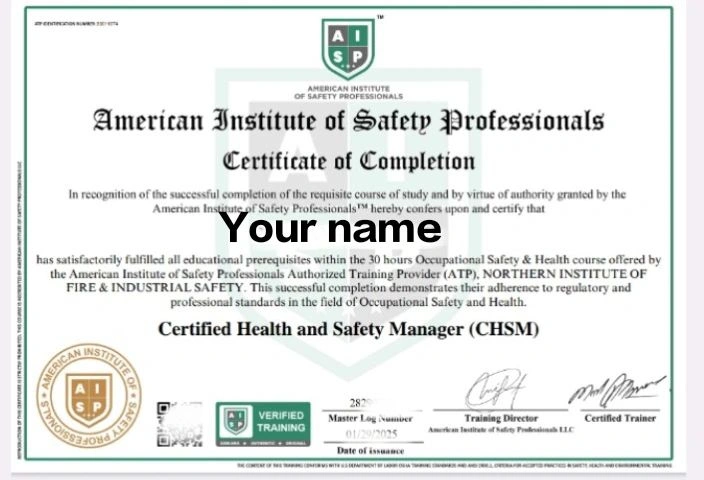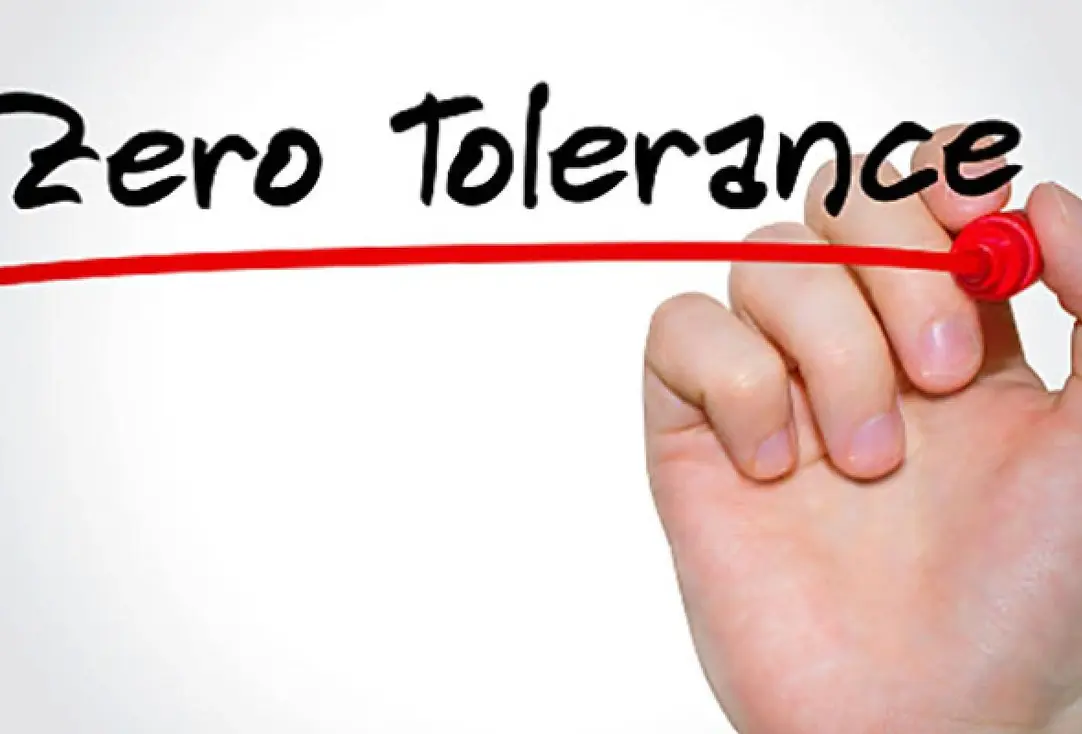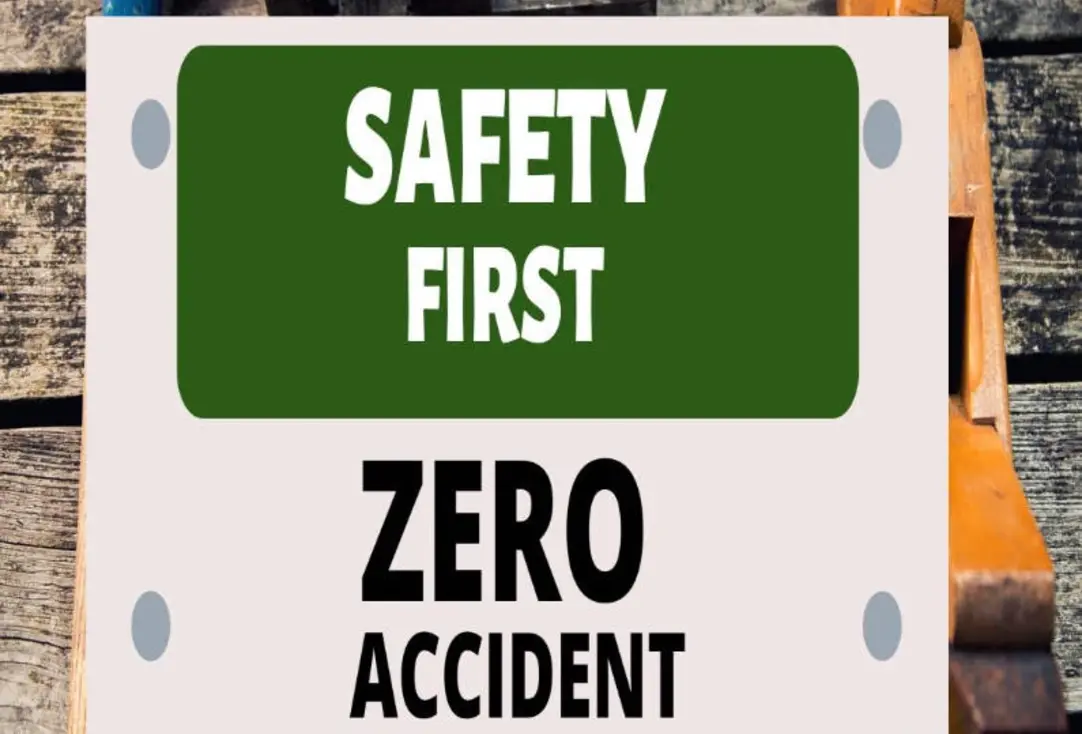Don’t Shout: It Increases Accident Potential — Do This Instead
Shouting at workers has long been treated as a normal disciplinary tool in high-risk workplaces such as construction sites, factories, warehouses, hospitals, and transport operations. In the United States and the United Kingdom, many supervisors still believe that raising their voice enforces compliance and improves safety performance. In reality, shouting increases accident potential, damages psychological … Read more





